7 pet-poisonous plants to avoid in your garden
Reduce the chances of a poorly pet by steering clear of these toxic garden regulars
Sign up to our newsletter for style inspiration, real homes, project and garden advice and shopping know-how
You are now subscribed
Your newsletter sign-up was successful
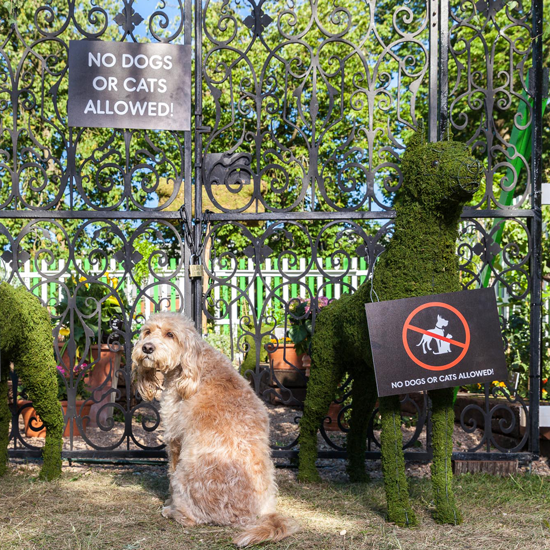
With four in every five British gardens containing pet-poisonous plants, its no surprise to find that almost 10% of cats and dogs have fallen ill from eating or playing with them at some point in their lives. They may be pretty to look at and lovely to smell, but don't let that fool you – these 7 common plants can lead to a long list of health woes for your furry friends...
Daisy
Probably one of the trickiest to avoid, daisies grow in gardens, meadows, parks - all prime ‘walkies' locations! They contain pyrethins and sesquiterpenes which causes vomiting and lack of coordination in cats and dogs.
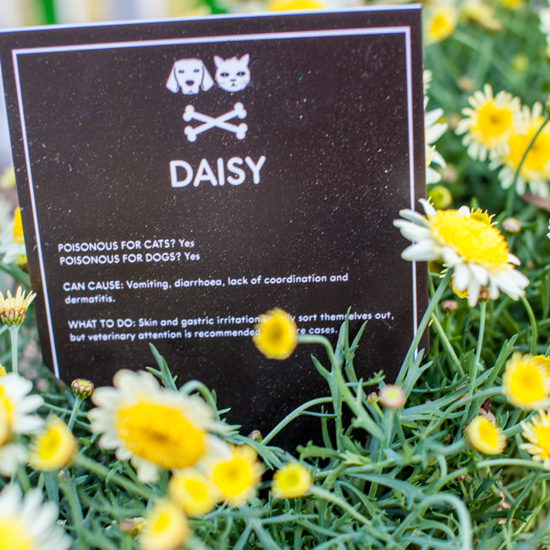
Eucalyptus
Many enjoy filling their garden with the sweet scent of fresh eucalyptus, but it's a no go for those with furry houseguests! The essential oils offer disinfectant properties that, whilst helpful for humans, are not digestible for cats and dogs. A build up can lead to depression, lethargy, excessive drooling and vomiting.
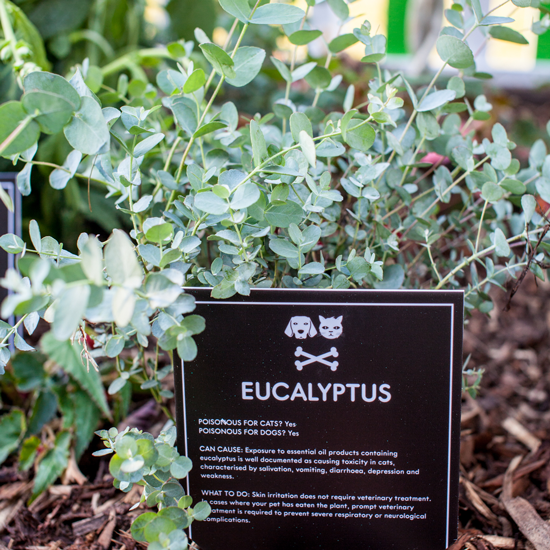
Hydrangea
This colourful plant's leaves and petals contain cyanogenic glycosides, more commonly known as cyanide, which is released by the chewing action - so beautifully mastered by curious pooches and felines alike! Symptoms such as vomiting, diarrhea and depression can appear from 20 minutes to a few hours after eating the plant.
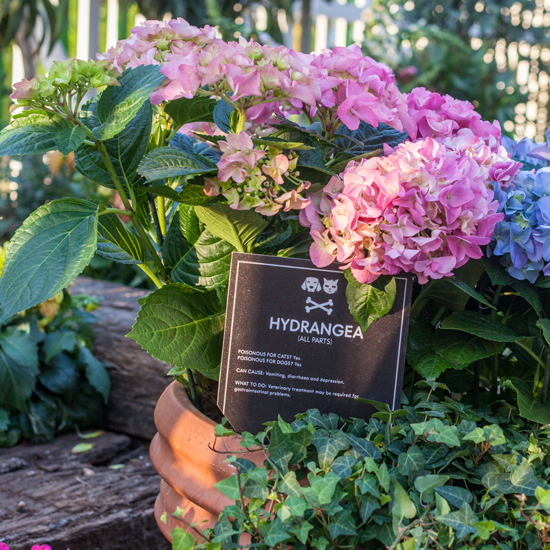
Tomato plant
Grown in practically every veg garden, tomato plants can cause tummy pains, weakness, difficulty breathing and slow heart rate. Funnily enough, the fruits themselves - as long as they're ripe - are not the problem, it's the leaves and stems you want to watch out for!
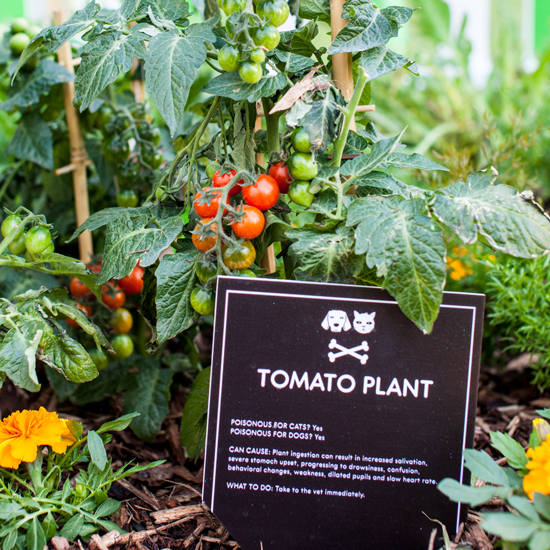
Dahlia
Despite their warm and welcoming appearance, dahlias are not a pet's best friend! It's not known exactly what makes them disagreeable, but the symptoms will be apparent - telltale signs include skin inflammation, non-stop scratching, loss of fur and an upset tummy.
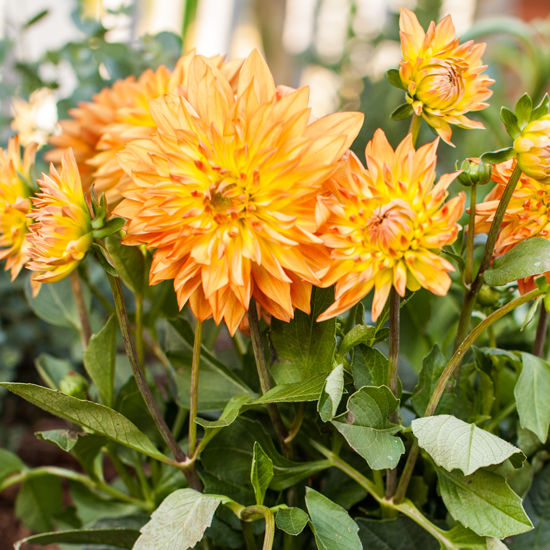
Lily
As well as garden plants, it's important to watch what cut flowers you bring into your home. Lilies in particular can prove fatal for cats, causing kidney failure if ingested. Lilium and Hermerocallis species are considered the most dangerous and include common kinds such as Easter, Stargazer and Tiger lilies. Not all are so dangerous -Peace and Calla lilies are not as toxic but can cause a nasty stomach upset and skin irritation.
Sign up to our newsletter for style inspiration, real homes, project and garden advice and shopping know-how
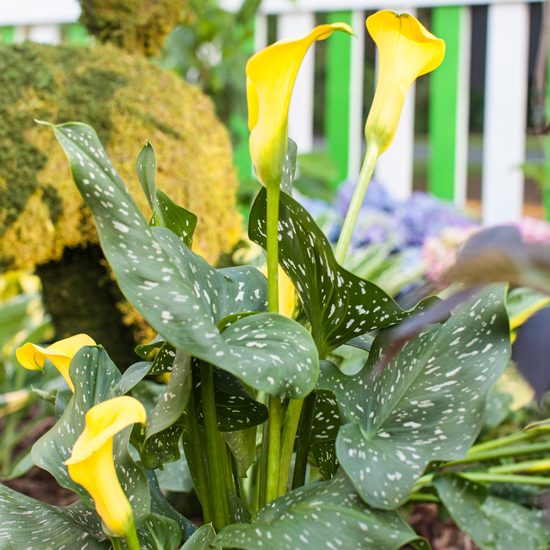
Marigold
The calendula officinalis, commonly known as the pot marigold, is not considered to be harmful - although large amounts can cause a tummy upset if ingested. The Tagetes form (including French and African margiolds) can cause mild dermatitis - if your pet comes into contact, wash its fur with a mild soap to remove the sap from its skin.
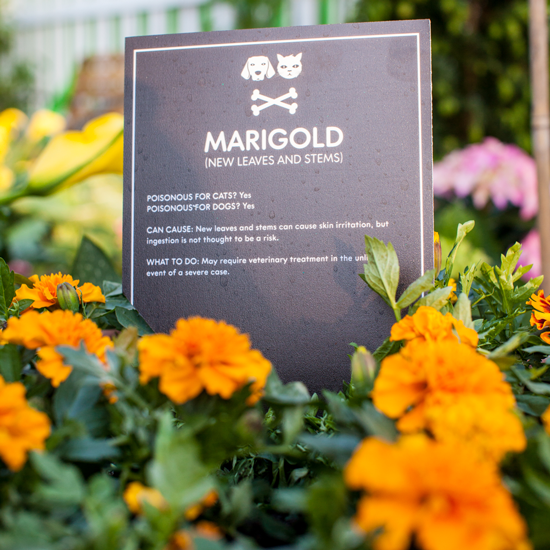
As a nation of animal lovers, we'll do anything to avoid putting our pets at risk, but recent statistics show that one in three pet owners wouldn't be able to identify a toxic plant, while 71% wouldn't recognize symptoms of poisoning. In response, MORE TH>N are launching a new Pet Safe campaign to raise awareness of the issue, urging suppliers and retailers of garden plants and flowers to provide clear ‘pet safe' labeling. For more information on the petition please pledge your support by tweeting @MORETHAN using the hashtag #safeseeds.